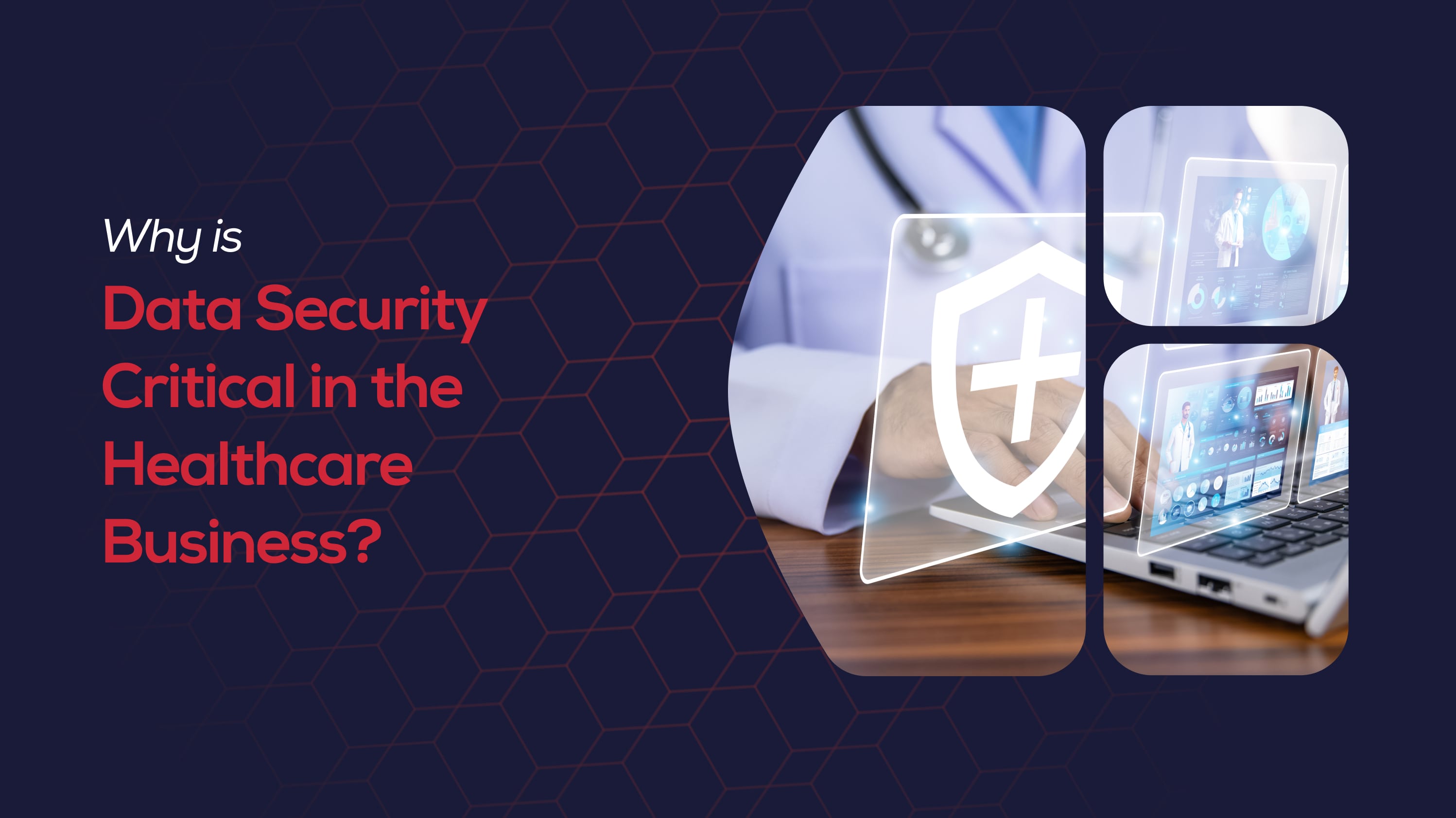

As the use of technology in healthcare becomes prevalent across the healthcare industry, healthcare services must adhere to a comprehensive data security plan that protects sensitive information from any threats to compliance and avoid other expenses connected with data breaches, such as lost business or harm to your reputation.
With the rising use of medical software and the increased importance of protecting healthcare data, it is vital to improve patient information security. While security has long been a major problem in healthcare information technology, substantial steps have recently been taken to tighten up the protection of crucial patient data.
We are living in a digital era and digital devices have successfully replaced paper-based medical documents with electronic medical records. While this makes it more convenient for patients and providers, these confidential medical records need to be well-secured to prevent them from falling into the wrong hands.
Between 2009 and 2022, healthcare organizations in the US suffered over 5000 data breaches affecting over 342 million medical records. The rising number of medical data breaches has led to an ever-increased focus on HIPAA and the HIPAA Security Rule, especially as it relates to securing electronic patient information and preventing misuse. Modern-day healthcare organizations make use of stringent but adaptable processes to optimize their operations and deliver high-quality, secure healthcare services.
Body Content: In a medical context, according to an expert on privacy and data protection Anita Allen, “the privacy at issue is very often confidentiality, specifically the confidentiality of patient-provider encounters, along with the secrecy and security of information memorialized in physical, electronic, and graphic records created as a consequence of these encounters.”
Healthcare organizations are rapidly implementing mobile device management (MDM) solutions to ensure that the patient information being generated, stored, and exchanged is secure. Mobile devices, including both hospital-owned and employee-owned, have paved a new way for healthcare professionals to interact with patients, deliver improved medical advice and make timely and informed decisions, allowing fluidity through the entire process of providing healthcare services to patients and enhancing their experience with a precise diagnosis, faster treatments, and improved communications.
Outsourcing has numerous benefits such as minimizing errors, allowing your organization more time to focus on patient care, and cost reduction. Outsourcing can also help you with data security. As the documents are digitized and stored, access to that data is easy to define. This enhances data security and guards against data leaks, especially if your outsource partner is SOC 2 Type 2 certified.
The issue with healthcare organizations handling back-office support services internally can be that it causes a shift away from the primary focus on providing the highest quality and most reliable healthcare services. The obvious choice is to use external third-party clinical back-office support services. However, exporting sensitive medical data to the outside world can expose significant risks, but keeping medical data safe within healthcare organizations is also an organizational and technological challenge.
When you work with Red Road, you will come to learn that outsourcing does not have to mean risking the security of your patient or organizational data. Red Road is HIPPA, GDPR, and SOC2 Type 2 certified. We work with our clients to seamlessly exchange all relevant information and ensure that it is safe both while in transit and during the time our RNs and certified ICD 10 coders are working with it.
#Powerofmore #Redroad